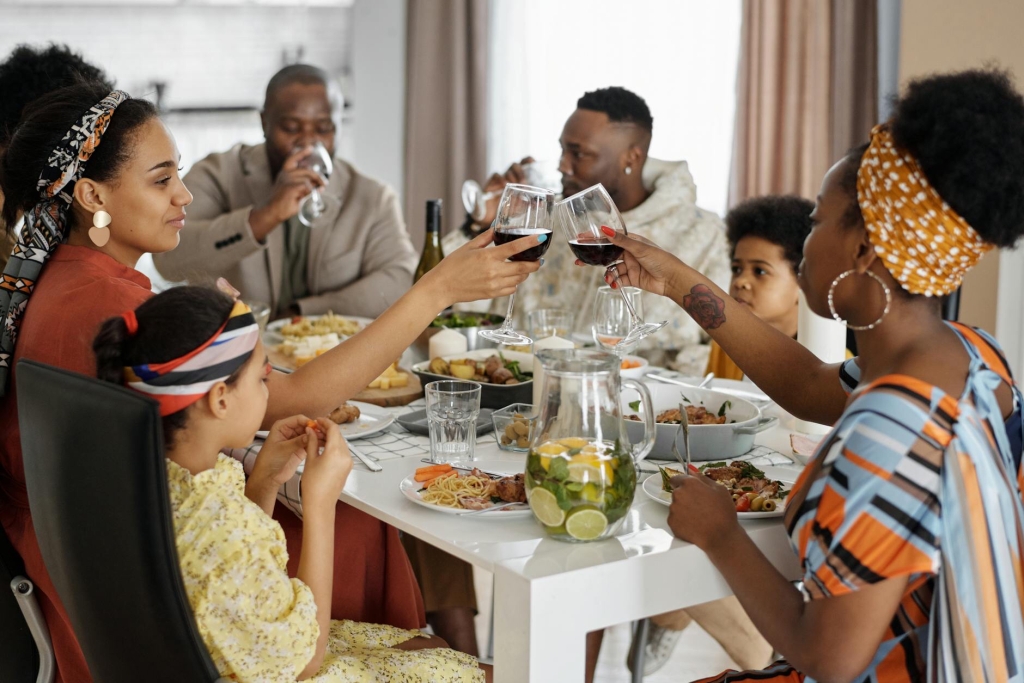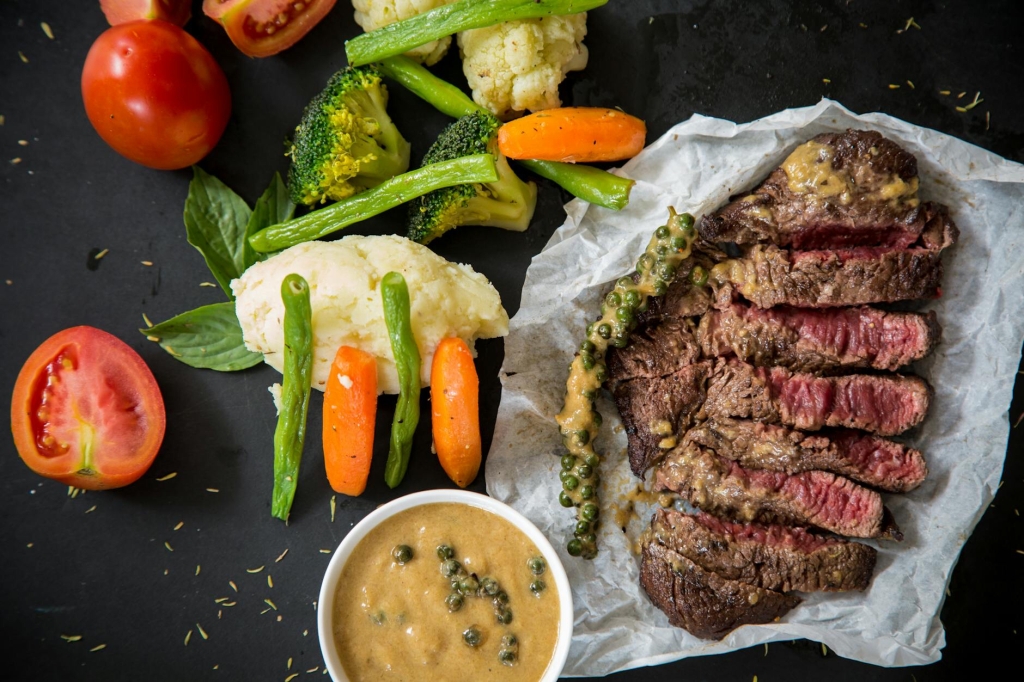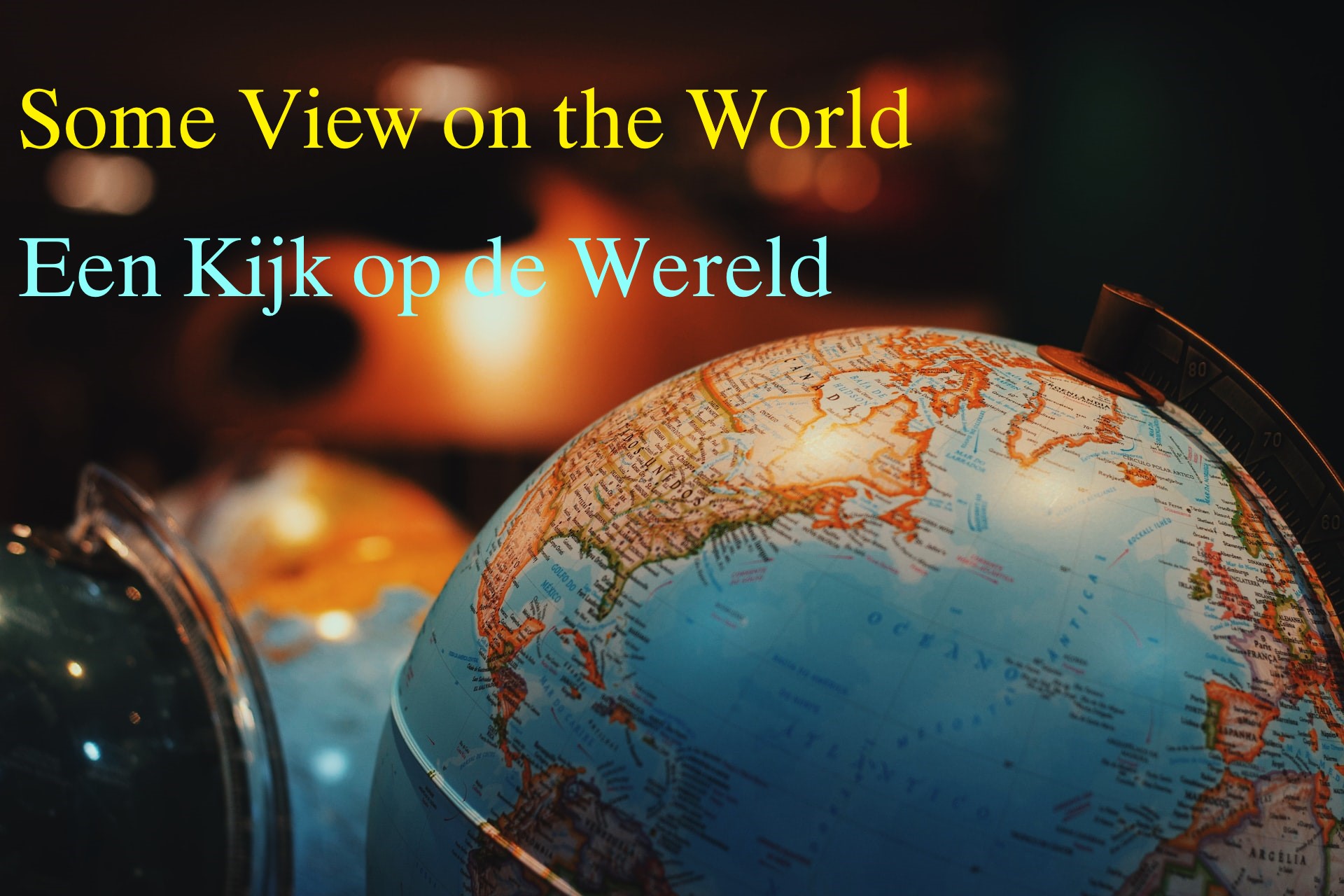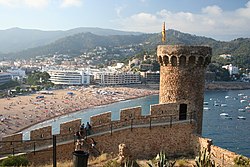
Today, we may congratulate ourselves. WordPress has sent us a “Happy Anniversary”.

Ten years ago I wanted to create a kind of “Readers Digest”, in order to make a selection among the many publications that come our way and get to know articles worth reading to others.
This means that I have been trying to present fascinating articles for a decade now. Hopefully, my experiment may have been a little successful. However, I must admit that I am very disappointed that more writers have not offered to help propose a selection of articles here. Especially with articles published on WordPress, it is not that difficult to reblog them on this platform. But apparently, not many people want to do that on someone else’s website.
In 2014 I started off with 3.124 views by 1847 visitors. Climax was 2020 with 32679 views by 9477 visitors. In 2021 it was back down to 14414 views by 5835 visitors.
In 2017 I got 485 likes. The Corona year brought 606 likes onto this platform. For 2023 with only 5537 views and 3835 visitors, we got 659 likes.
In the meantime, in addition to my personal blog, several Christian blogs have emerged from my mind, which also require attention and material. This may mean that less can be published than originally thought, but I hope I have not neglected the intention to post articles about our lifestyle. We regularly propose some health items here. In addition, I continue to look forward to fascinating poems and life wisdom that can inspire us.
We may count on 395 subscribers (which does not seem to be much, according to me).
All-time stats
- Views 102,968
- Visitors 51,997
- Posts 3,800
- Comments 931
In any case, I will continue with this site and hope that it will continue to grow, in addition to the many other sites that I still maintain.
I hope to find you here in the future with many other visitors and wish you a lot of reading pleasure.
+++
Related
- I’m On My Own Today
- Effective Blog Promotion: Strategies to Increase Your Reach
- Building a Loyal Blog Audience: Strategies for Engagement
- Never Run Out of Ideas: Top Tips for Generating Fresh Blog Topics
- Maximizing Your Blog’s Reach: SEO Tips for Bloggers
- Of a poet quest for perfection
- Today’s quote
- Something To Write About
- 400 post milestone
- Website Makeover and Completely Revamped!
- Community
- Today’s Motivational Quote and Words of Encouragement
- WordPress and the Data Liberation Project
- How to launch WordPress on Google Cloud
- Demystifying WordPress: Unveiling Its Software Essence
- Writer’s Tips – March Edition – #Editing, #Writing Dialogue,
- Webflow vs WordPress 2024: Understanding the Key Differences
- I wonder what WordPress’s data liberation feature will look like…
- WordPress prompt 1890 • 20240327
- Please Don’t Gift Me a WordPress Plan
- Hello 2024.. I’m Back
- Day 42 @rtCamp
- Exploring the Music Artist Theme on WordPress
- A quick review of WordPress Theme: Twenty Twenty-Four
- WordPress Theme Development: Functions






































































